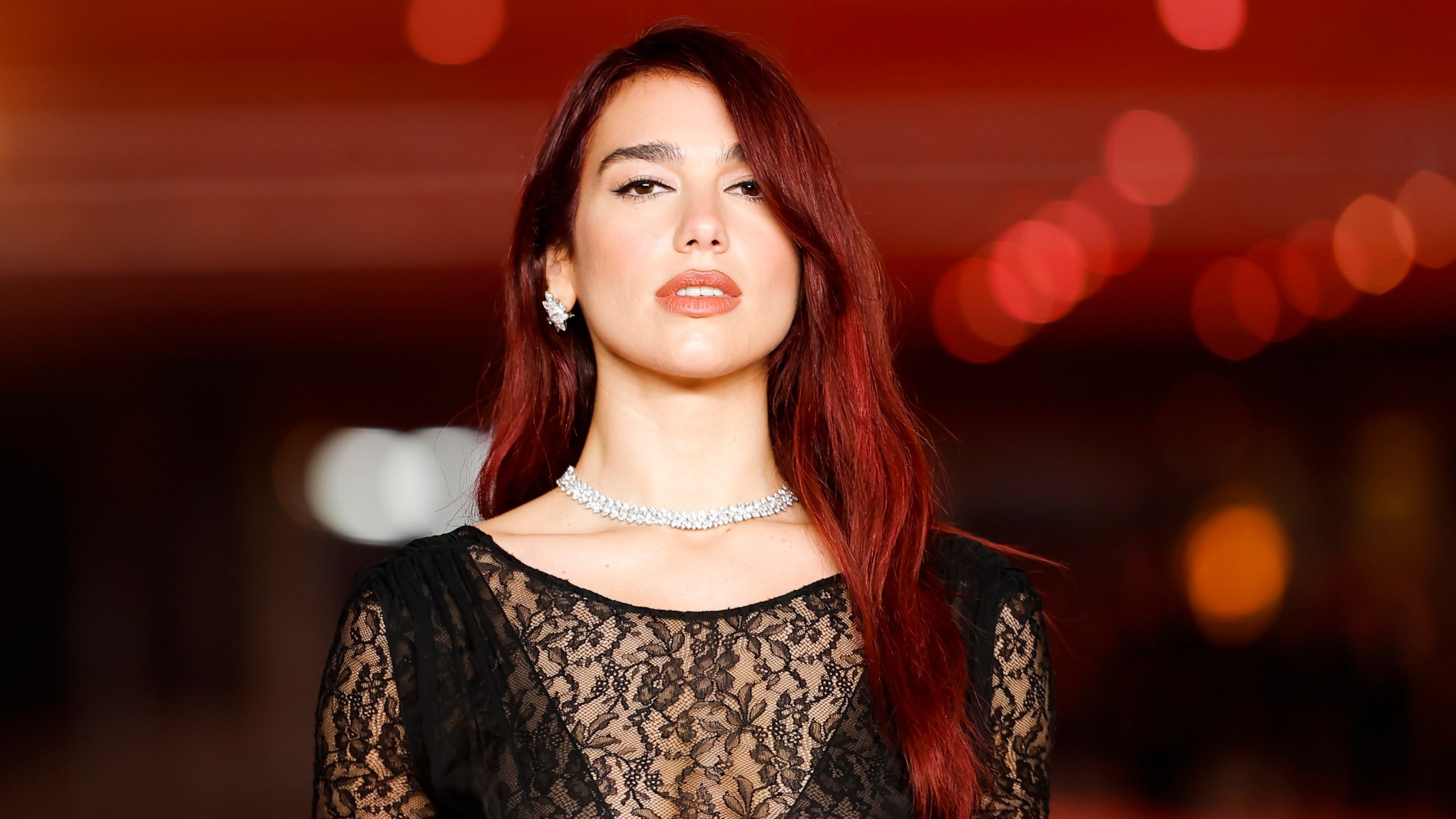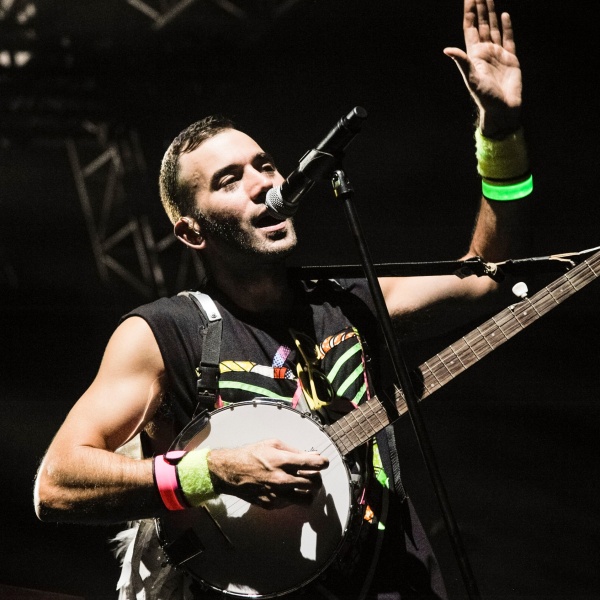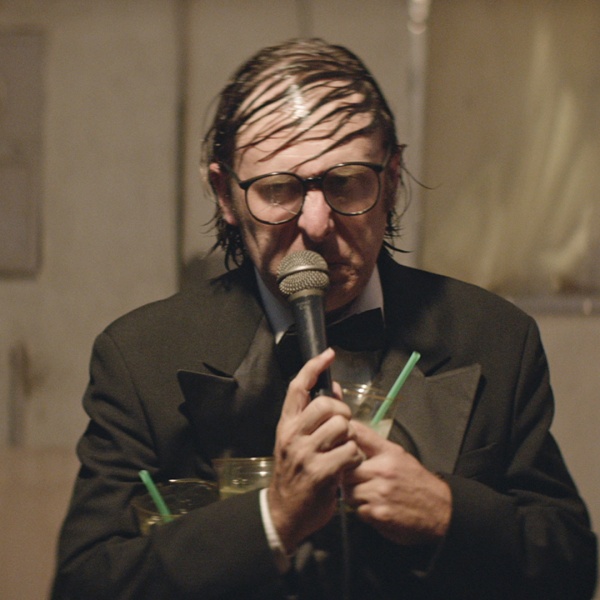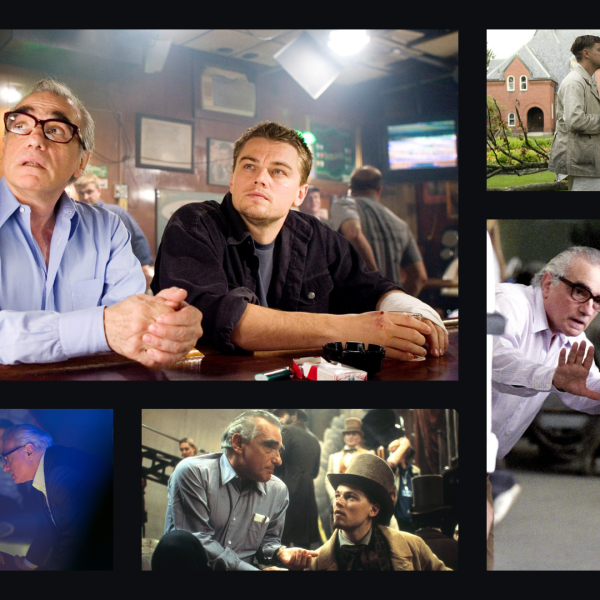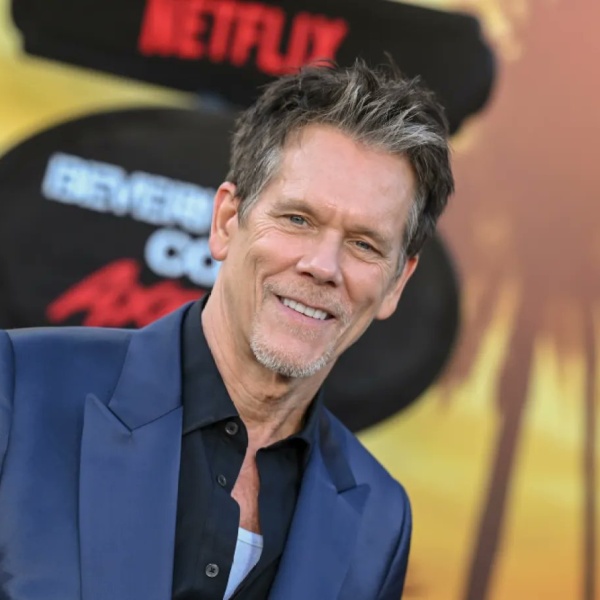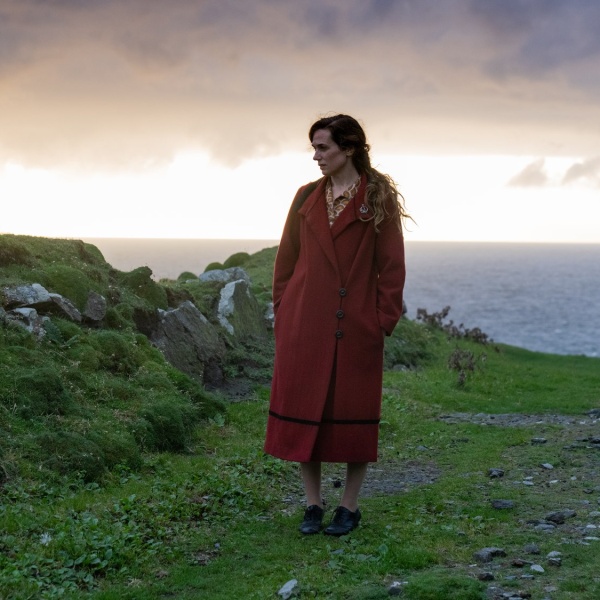
In hindsight, it’s her songs with Oscar-winning music producer Mark Ronson that have marked hugely transitional moments in the career of international pop sensation Dua Lipa. The road toward their most recent collaboration together, “Dance the Night,” the first single off the “Barbie” soundtrack that set the tone for the film’s record-breaking, billion dollar box office run, happens to start at the very beginning of her career in 2015.
“My first ever song that I ever put out, ‘New Love,’ I’d written with Andrew Wyatt and Emile Haynie,” Lipa said in a recent Zoom conversation with IndieWire. Wyatt, Ronson’s eventual co-composer on “Barbie,” later introduced her to the “Uptown Funk” hitmaker around the time he’d formed Silk City, his electronic supergroup with fellow platinum-selling producer Diplo. “He was looking for an artist to write with for ‘Electricity,’ and felt like he wanted something or someone with a deeper, soulful voice, or something. The first person that came to Andrew’s mind was me.”
While the 28-year-old has already had a lot of “pinch-me” moments throughout her career, “‘Electricity’ really pushed me into the next chapter,” said Lipa, who won her first Grammy for the song that came between her self-titled debut album, and “Future Nostalgia,” that project that would levitate her into the pop stratosphere.
The Instagram DM inviting her to contribute to “Barbie the Album” came while the singer was traveling the world performing hits like “Don’t Start Now” and “Break My Heart” that showcased the melancholic disco sound she’d become known for — the exact vibe “Barbie” filmmaker Greta Gerwig was chasing in the film’s pivotal first dance number.
“In my mind, even though I was on the Future Nostalgia tour sonically, I’d already started departing from that idea,” said Lipa. “So when I got asked to do this song, I was like, ‘All right, one more hurrah. Let’s get back into disco mode for a second.’ And it felt really good.”
Though she had contributed to the soundtracks for forgotten blockbusters like “Fifty Shades Freed” and “Alita: Battle Angel,” Lipa likens those to one-off singles that were not as carefully crafted to sync with any specific moments in those films. The new challenge that came with “Dance the Night” was “‘How do I do this massive moment justice with the whole cast, and create something that tells Barbie’s story?’”
“Because essentially, in that [scene], it’s Barbie’s best day ever,” she said. “How do we create a song that tells that story, that shows that sign of resilience? Where when Barbie says, ‘Have you guys ever thought about dying?,’ and all the other Barbies look to stereotypical Barbie for some kind of reassurance of, ‘What do you mean? What are you talking about?’ She saves face in a way of like, ‘Oh no, I’m just dying to dance.’ It’s the way that she shows strength even when she’s feeling otherwise. That was the whole premise of ‘Dance the Night’ as a song, of how to paint that picture of that emotion.”
The first draft of the song came quickly, but “nothing good comes easy,” said Lipa. “When I saw the visual, and we listened to the version we’d made, I was like ‘All right, I think we just have to keep pushing. We have to make it perfect. Everything has to align really well with the film, and there can not be a single part that’s not good enough in this moment.’”
Going more into detail, the artist said “We went back and we redid the verses and the melody a little bit, and then I wanted to tailor the lyrics like a score, essentially, where there are certain aspects in the dance moves or the dance routine that I wanted to intertwine in into the lyric.” So when she sings “Come along for the ride,” viewers see Margot Robbie’s Barbie make a gesture as if she is waving them in, to come join the party.

“It was little moments like that that made an even bigger difference, where it totally brought a lot of synergy between the song and the film, that when you see it, you can really feel how every part was specifically made for that movie and for that moment. But then, at the same time, it can also stand alone as a song in its own right,” she said.
Normally, when she writes songs like her new single “Houdini,” Lipa tries to imagine what the visuals will look like, or what past experience she’s drawing upon, “so it completely changes your perspective when the visual is already there right in front of you, and you’re like, ‘OK, how do we amplify this moment even more?’ It’s almost like in reverse, had I shot a music video and then been like, ‘Let me make a song for this video.’ It’s quite an interesting task to take on, and I really loved every moment.”
Having now seen the finished film that she even got to make a cameo in, Lipa feels even stronger about how “Barbie” matches her ethos. “That moment where America Ferrera has that really real, honest talk to get Barbie out of being brainwashed is so true of the expectations that are put on women and how we, without even batting an eyelid, just move through life with the understanding that people might undermine us, people might not think that we’re good enough, people might want to put us down, and we have this resilience and this deep feeling of ‘We can make it through anything,’ regardless of other people’s expectation. I totally feel that,” said the singer.
“It was just such a beautiful sentiment that brought a lot of women together in that moment of real camaraderie and sisterhood, of this joint understanding of ‘We’re such strong, powerful beings,’ and we get pitted against each other, or pushed to the side, or told that we are too sensitive, or too soft, or too vulnerable, or not enough, or whatever that may be, and somehow we still manage to come back on top, and still manage to push through our goals, and that’s incredibly strong. As women, we’re all coming into our power,” she added.

As much as trying to cater to Greta Gerwig’s vision was a fun challenge for Lipa, “in hindsight, I relate to [‘Dance the Night’] so deeply,” said the current Grammy, Golden Globe, and Critics Choice Award nominee. “Trying to stay strong in the face of whatever people say, whenever things feel like they’re going wrong and you just have to show face and pretend like everything’s OK — all of those things [speak to my experience],” said Lipa. “So ‘Dance the Night’ is so honest and true to me, and the way that I want to move in the world as well. Regardless of anything, that’s my mantra.”
